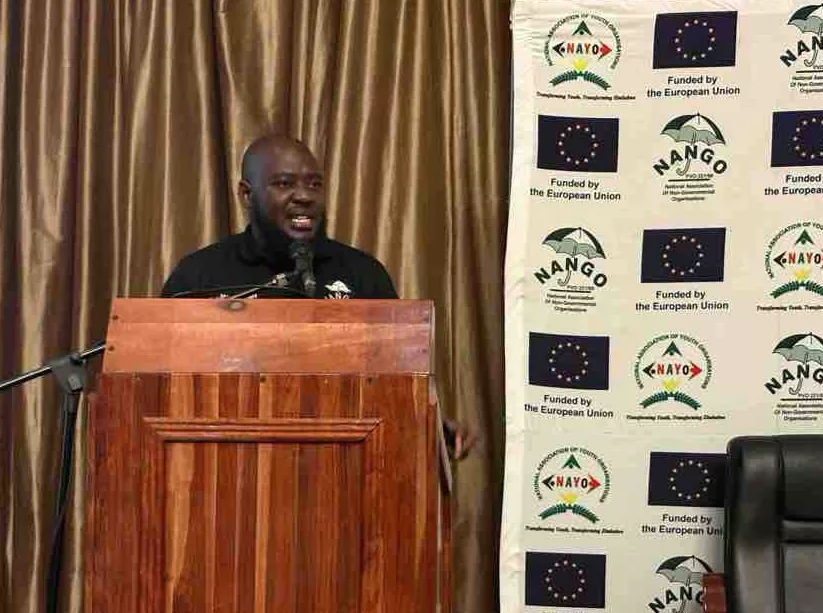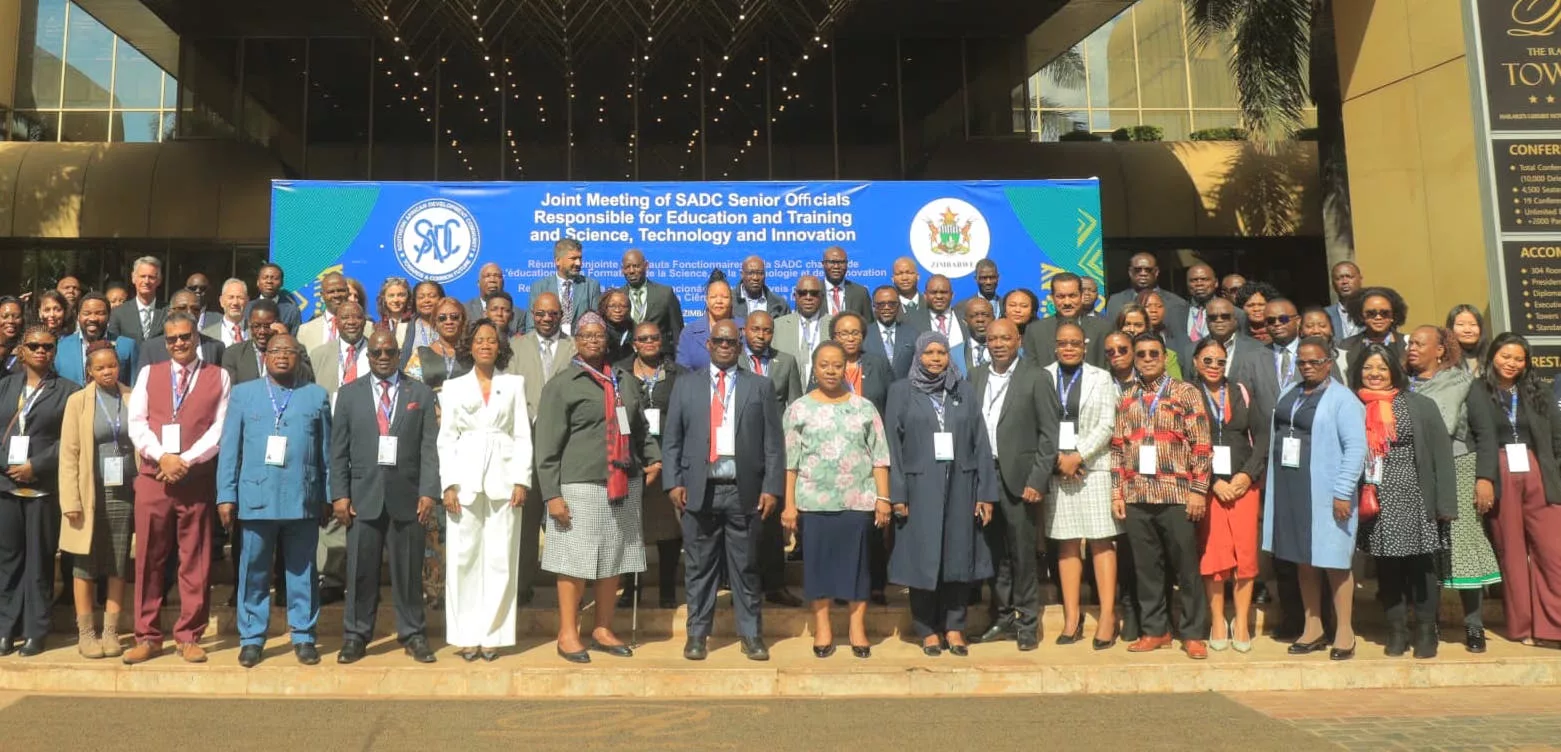|
Getting your Trinity Audio player ready...
|
The information communication technology (ICT) sector is the critical cog for the digital economy that is stated as one of the fourteen national priorities underpinning the government’s strategy for the period 2021 – 2025, as the country thrives to become an Upper-Middle Income society by 2030.
These were the sentiments of Dr. Jenfan Muswere, the Minister of ICT, Postal and Courier Services when he commissioned a computer laboratory at Mushandike Secondary School in Masvingo yesterday at a grand occasion graced by senior government officials including his deputy, Dr. Dingimuzi Phuti. Permanent Secretary in his ministry, Dr. Beaullah Chirume, the Permanent Secretary for Masvingo Province, DrSakupwanya, Minister of State for Provincial Affairs and Devolution, Mr. Ezra Chadzamira, and the Director-General of the Postal and Telecommunication Regulatory Authority, Dr. Gift Machengete, among other dignitaries.
“Our Ministry will continue to play its critical role in this transformation agenda by ensuring the deployment of the ICTs infrastructure for all citizens, let alone our children. I once again would like to restate our commitment to addressing and reducing the barriers to technology and the digital divide through policies and programs aimed at ensuring the participation of all citizens in the digitalization agenda,” Dr. Muswere said.
The whirlwind tour of Masvingo by the ICT sector saw in addition of Mashandike High, Bere Primary, Chirichoga High Mushawasha West Secondary, Jaka Chishozhowa, Chimanhanzva High, Chiredzi Christian College, and Jekero Primary schools having their computer laboratories commissioned.
The advent of the COVID-19 pandemic remoulded the way in which individuals conduct their daily businesses and processes as a people and generation.
According to Dr. Muswere, there is no sphere of human endeavour that has been spared by the pandemic, whether when trying to carry out day-to-day duties at work; keeping in touch with family and friends, or conducting school lessons.
“The challenges brought about by the pandemic have amplified the call for universal access to ICTs and the use of digitally based platforms. The world has come to the realisation of the pivotal role that ICTs and the digital economy drive to connect all the people of the world virtually. It is now critical to bridging the digital divide for the 2.9 billion people who still remain offline worldwide, more so the millions not connected in our beloved nation of Zimbabwe. Indeed, the call for universal access has never been more profoundly sensed than during the trying times we found ourselves in, due to the COVID-19 Pandemic.
“It is against this background that, as Government, we remain resolute in our quest to attain a digital economy and knowledge society, a society where all our citizens have access to ICTs, regardless of their geographical, social, or economic status. To that end, we continue to provide an enabling environment for the growth of the ICTs sector, by deploying critical ICTs infrastructure like schools’ ICTs laboratories across Zimbabwe,” Dr. Muswere said.
From a policy perspective, it is the government’s wish for all citizens of Zimbabwe to have access to the internet and digital connectivity, including the rural and low-income communities.
Dr. Machengete said POTRAZ, in partnership with the Ministry, is rolling out a number of initiatives that are aimed at increasing the digital footprint in rural communities.
The programmes include efforts to ensure that schools are equipped with requisite ICTs equipment and also District Government Offices have PFMS kiosks for easy transacting of government business.
Access to ICTs and effective participation in the digital economy is critical in improving the quality of life for all the citizens of Zimbabwe thus these digital economy projects and initiatives, dovetail very well with the ICT Ministry’s vision which is anchored on leveraging ICTs for sustainable development.
Minister Muswere reiterated the role played by ICTs in the quest to achieve the SDGs by promoting inclusivity, sustainable industrialisation and fostering innovation. Thus, efficient and affordable ICT infrastructure and services allow citizens to participate in the global digital economy and increase their overall economic well-being, digital inclusion, poverty reduction, and improved health care and education quality.






